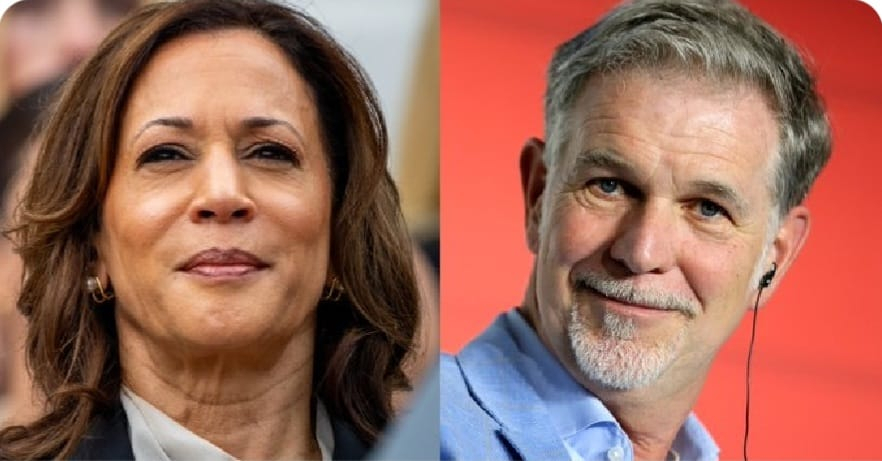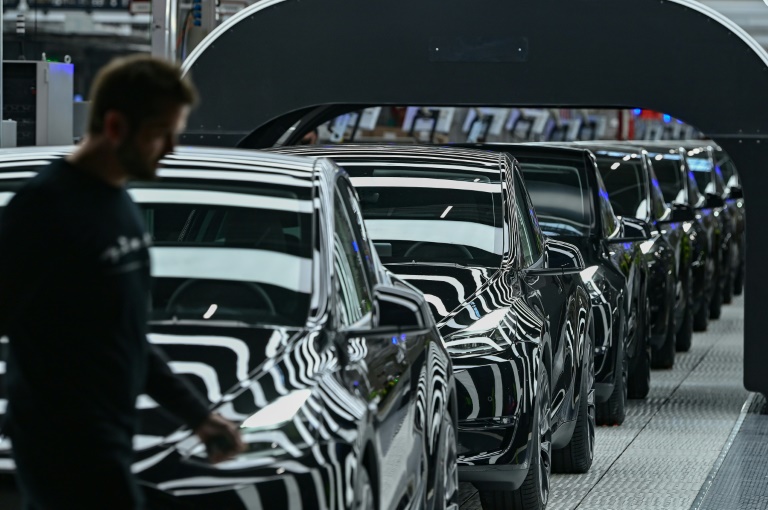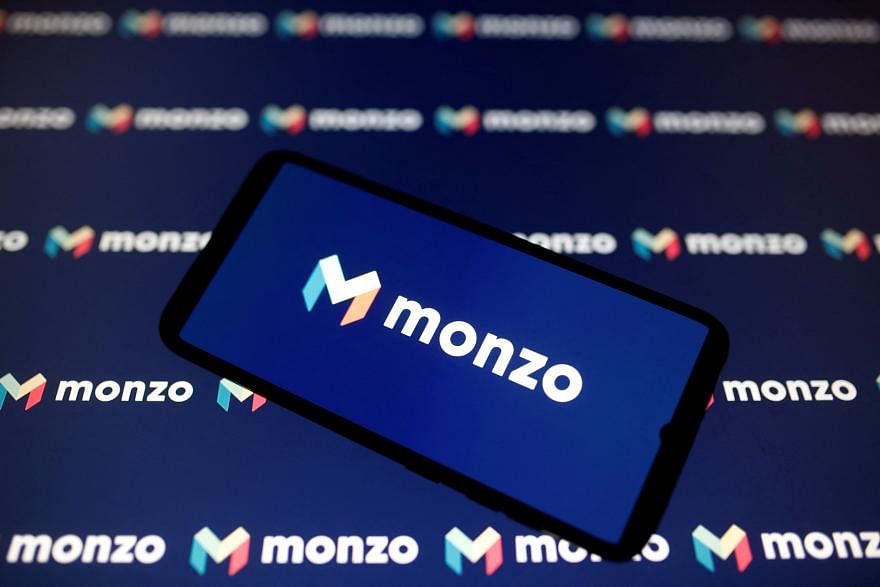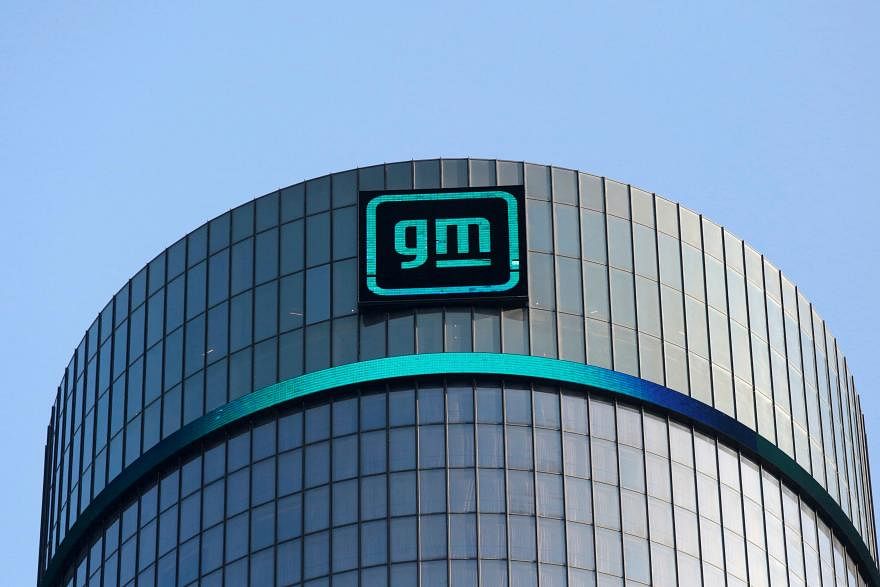NIO reported revenue for the fourth quarter broadly in line with analyst expectations while losses widened for the full year – a sign the Chinese electric vehicle maker is still under pressure amid fierce competition in the world’s biggest electric vehicle market.
Shanghai-based Nio posted sales of 17.1 billion yuan (S$3.2 billion) for the three months ended Dec 31, versus estimates of 16.8 billion yuan, according to a statement on Tuesday (Mar 5). The company’s quarterly net loss of 5.4 billion yuan brought losses for the full year to 20.7 billion yuan, worse than a 14.4 billion yuan deficit for calendar 2022.
“Moving into 2024, we will prioritise our business objectives, improve system capabilities and optimise cost management,” Nio chief financial officer Steven Feng said, noting that vehicle margins at least improved to 11.9 per cent in the fourth quarter. That was still less than estimates of 13.6 per cent.
Unlike rivals Li Auto, which is now making money, and Xpeng, Nio hasn’t announced any intensive product launch plan for 2024. The automaker, which has a line up of mainly premium sport utility vehicles and sedans, is however expected to unveil a mass market brand that would compete with Tesla Inc.’s locally built models, a move analysts say may help stem losses.
After quarterly deliveries rose 25 per cent to 50,045 vehicles, higher than Nio’s previous guidance of as many as 49,000 units and bringing deliveries for the full year to 160,038, Nio now expects to ship up to 33,000 cars in the first quarter. The company’s 2023 deliveries weren’t even two-thirds of its original sales target.
Gross margins for the final quarter of 2023 were 7.5 per cent compared to the 10.2 per cent the market was looking for. Nio said it now expects revenue of between 10.5 billion yuan and 11.1 billion yuan for the current quarter that will wrap on March 31. Analysts were looking for 15.7 billion yuan.
Once considered one of the brightest rising stars in China’s EV market, Nio has struggled of late, last year receiving a capital injection in the form of a just-in-time share sale to CYVN Holdings, an investment entity controlled by the government of Abu Dhabi. The June US$738.5 million cash infusion may only last a short while at current burn rates.
In November, Nio trimmed around 10 per cent of its workforce and the carmaker has considered spinning off some non-core businesses to reduce costs. In December, it signed a deal for a US$2.2 billion cash injection again from CYVN Holdings. Upon completion, CYVN will own a 20.1 per cent stake in Nio and can nominate two board directors.
The automaker also entered into a technology licence agreement last month with a subsidiary of CYVN to grant a non-exclusive and non-transferrable worldwide licence to Nio’s existing and future technical information, technical solutions, software and intellectual property rights, it said in the statement.
Nio is also aggressively promoting its battery-swap technologies, partnering with a handful of Chinese automakers including Geely Automobile Holdings Ltd. and local authorities in Anhui province, where Nio’s factory is based. EVs using battery-swap technology can be driven into a booth where the depleted cell is replaced with a charged one in a matter of minutes, reducing driver concern about range and charging times.
Nio’s US-listed shares are down 41 per cent this year. BLOOMBERG







